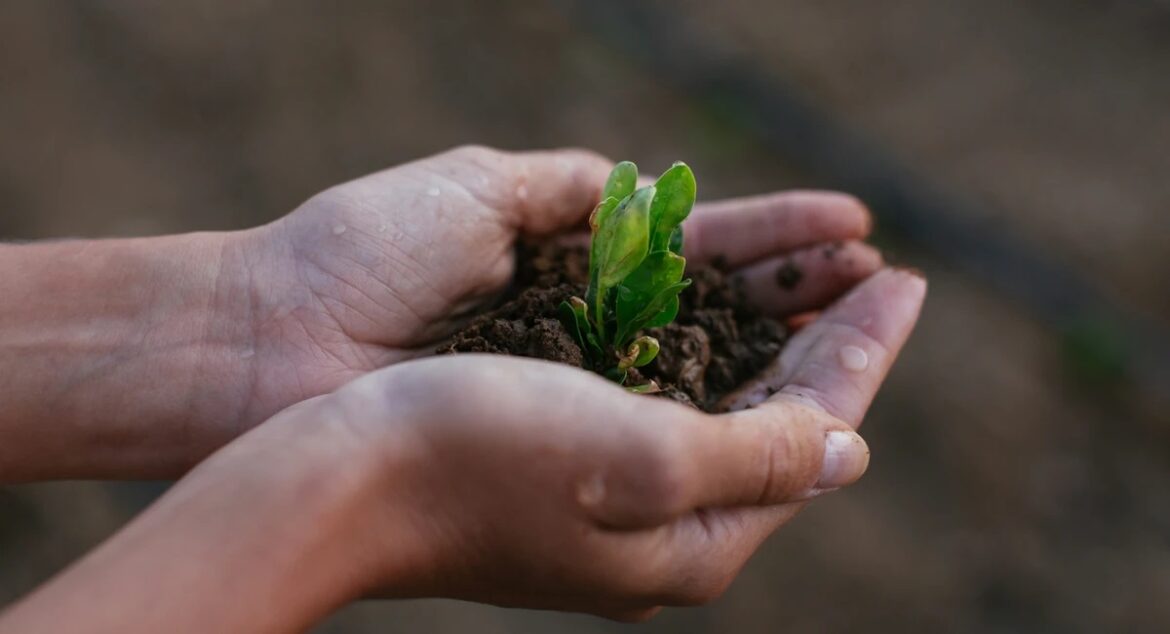Human composting offers several advantages for how to plan a funeral in terms of personalization and meaning:
- Creative Expression:
- Freedom to Customize: Human composting allows individuals and their families the freedom to customize their end-of-life arrangements according to their personal preferences, values, and beliefs. From choosing a specific location for composting to selecting personalized memorial markers or tributes, human composting offers a range of options for creative expression and customization.
- Unique Memorialization: Human composting allows for unique and meaningful ways of memorializing the deceased. Families can choose to plant trees, shrubs, or flowers as living memorials, create personalized memorial gardens, or install natural markers such as engraved stones or plaques. These personalized tributes provide a lasting and meaningful way to remember and celebrate the life of the deceased.
- Connection to Nature:
- Harmony with the Environment: Human composting allows individuals to be laid to rest in harmony with the natural environment. By returning to the earth in the form of nutrient-rich compost, individuals can become part of the natural cycle of life, contributing to the regeneration and renewal of the ecosystem.
- Peace and Tranquility: Human composting sites are often located in scenic and tranquil natural settings, such as forests, meadows, or conservation areas. These natural environments provide a beautiful and serene backdrop for end-of-life arrangements, allowing loved ones to find peace and solace in the beauty of nature.
- Spiritual and Emotional Connection:
- Sacred and Reverent Space: Human composting sites are often considered sacred and reverent spaces, providing a peaceful and tranquil setting for reflection, remembrance, and contemplation. The natural beauty of the environment, combined with the sense of connection to the earth, can provide comfort and solace to loved ones during times of grief and loss.
- Spiritual Meaning: Many people find spiritual meaning and significance in the idea of returning to the earth in a natural and environmentally friendly way. Human composting offers a spiritually meaningful alternative to traditional burial methods, allowing individuals to find peace and fulfillment in knowing that their final resting place is in harmony with the natural world.
- Legacy and Impact:
- Environmental Legacy: Choosing human composting allows individuals to leave behind an environmental legacy and make a positive contribution to the health and sustainability of the environment. By supporting environmentally friendly end-of-life practices, individuals can help protect natural resources, preserve biodiversity, and promote environmental stewardship for future generations.
- Personal Legacy: Human composting offers individuals the opportunity to create a personal legacy that reflects their values, beliefs, and desires. By choosing human composting, individuals can make a meaningful and environmentally responsible choice for themselves and future generations, leaving behind a legacy that honors their life and values.
Overall, human composting provides a meaningful and personalized alternative to traditional burial methods, allowing individuals and their families to customize their end-of-life arrangements according to their personal preferences, values, and beliefs. By embracing creativity, connection to nature, spiritual meaning, and personal legacy, human composting offers a unique and meaningful way to honor the life of the deceased and find solace in the beauty of the natural world.
How Does Human Composting Help with Funeral Planning Legal and Cultural Acceptance?
Human composting helps with funeral planning by addressing legal and cultural acceptance considerations in the following ways:
- Legal Recognition:
- Legislative Support: Human composting is gaining legal recognition in many jurisdictions. Several states in the United States have passed legislation to legalize human composting, recognizing it as a legal and valid method of final disposition.
- Regulatory Compliance: Human composting facilities operate in compliance with local, state, and federal regulations governing the handling, processing, and disposal of human remains. By adhering to established regulatory standards, human composting facilities ensure that the process is conducted safely, ethically, and legally.
- Cultural Acceptance:
- Respect for Cultural Diversity: Human composting respects cultural diversity and accommodates a wide range of religious, spiritual, and cultural beliefs and practices. Providers of human composting services work closely with individuals and families to ensure that their cultural and religious preferences are respected and honored.
- Inclusive Practices: Human composting facilities strive to be inclusive and welcoming spaces for people of all faiths, cultures, and backgrounds. By embracing diversity and promoting inclusivity, human composting facilities create a supportive and respectful environment for individuals and families from diverse cultural and religious backgrounds.
- Public Education and Awareness:
- Educational Outreach: Human composting facilities engage in public education and awareness campaigns to inform the public about the benefits of human composting and environmentally friendly end-of-life practices. These campaigns raise awareness about the environmental, cultural, and legal aspects of human composting, helping to build acceptance and understanding within the community.
- Community Engagement: Human composting facilities actively engage with the local community, fostering dialogue, collaboration, and partnership. By working closely with community members, religious leaders, and cultural organizations, human composting facilities promote acceptance, inclusivity, and cultural sensitivity.
- Transparency and Accountability:
- Open Communication: Human composting facilities maintain open and transparent communication with individuals and families throughout the funeral planning process. Providers of human composting services provide clear and accurate information about the process, including legal requirements, cultural considerations, and available options.
- Accountability and Oversight: Human composting facilities operate with a high level of accountability and oversight, ensuring that the process is conducted safely, ethically, and in accordance with established standards and guidelines. By adhering to best practices and industry standards, human composting facilities build trust and confidence within the community.
Overall, human composting helps with funeral planning by addressing legal and cultural acceptance considerations, promoting transparency, inclusivity, and accountability. By working closely with individuals, families, religious leaders, cultural organizations, and regulatory agencies, human composting facilities ensure that the process is conducted with respect, dignity, and integrity, while also promoting acceptance and understanding within the community.



